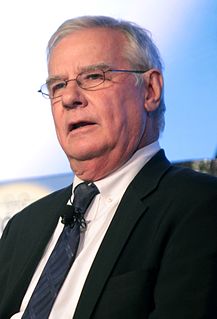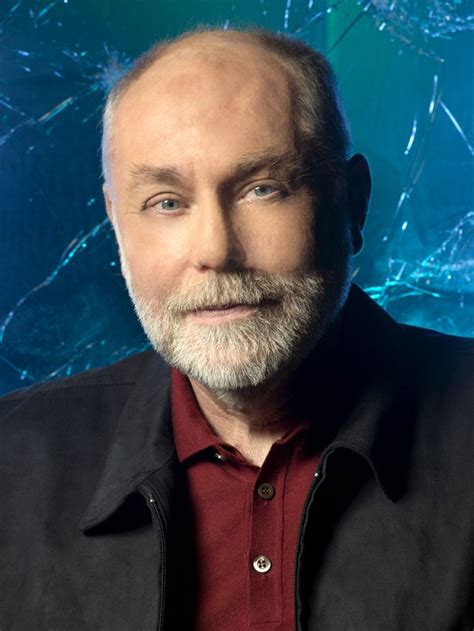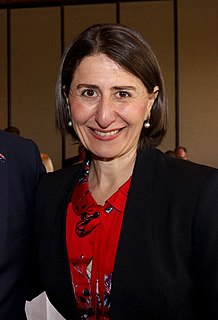A Quote by Margaret D. Klein
I think it's very important to invite and encourage people to talk about climate change who have a lay understanding. In general, there is a lot of confusion among climate activists about the role of science, that scientists should be social and political leaders of this movement.
Related Quotes
Despite the international scientific community's consensus on climate change, a small number of critics continue to deny that climate change exists or that humans are causing it. Widely known as climate change "skeptics" or "deniers," these individuals are generally not climate scientists and do not debate the science with the climate scientists.
It is certainly true that conservative Christians are much more likely to doubt the reality of climate change than mainline Christians or the unaffiliated. But when we control for political affiliation and for the important role of thought leaders in determining our opinions on social issues such as climate change, most of the faith-related bias disappears.
I don't like to claim that I am an expert on anything, but I have enough knowledge about climate science and climate system to be able to write scientific papers and go to meetings and talk about monsoon systems and talk about any other things that you want to discuss about climate science issues. I'm as qualified as anybody that you know on this planet on this topic.
Climate scientists think of nothing but climate and then express their concerns in terms of constructs such as global mean surface temperature. But we live in a world in which all sorts of change is happening all the time, and the only way to understand what climate change will bring is to tell stories about how it manifests in people's lives.
The conference also has a moral duty to examine the corruption of science that can be caused by massive amounts of money. The United States has disbursed tens of billions of dollars to climate scientists who would not have received those funds had their research shown climate change to be beneficial or even modest in its effects. Are these scientists being tempted by money? And are the very, very few climate scientists whose research is supported by industry somehow less virtuous?
Reporting the consensus about climate change ... is not synonymous with good science reporting. The BBC is at an important point. It has been narrow minded about climate change for many years and they have become at the very least a cliché and at worst lampooned as being predictable and biased by a public that doesn't believe them anymore.
Every climate scientist has his or her own views on some issues that differ from the mainstream in detail. But the broad findings of the IPCC (Intergovernmental Panel on Climate Change) have general support amongst scientists with relevant specialist expertise. The broad wisdom of the IPCC is strongly contested by a small number, and a small minority, of reputed climate scientists. It is not contested by the large majority of specialists, and by the leaders of the relevant learned academies in the countries of great scientific accomplishment.
I think climate change is probably the most extreme, and it's been going on for years because it's very difficult to talk about a planetary issue like climate change and to get people who live within four-year electoral cycles to actually pay attention to something that you predict is happening way in the future.
Scientists tend to focus on what they don't know more than what they do know. And there are a lot of things we still don't know about the climate. But we know the difference between climate variability and climate change, and right now the amount of carbon in the atmosphere is well outside the variability pattern - and that's quite quantifiable.
Foreign policy is now a huge field. It isn't just people who are studying political science. There are so many aspects to it in terms of understanding hard science for people who are studying climate change, or people who are interested in health policy or food security, or people who care about education.
































